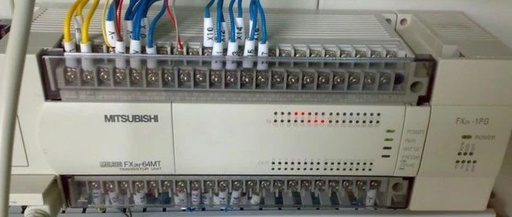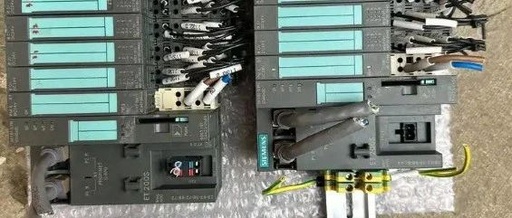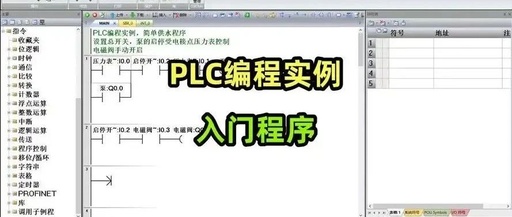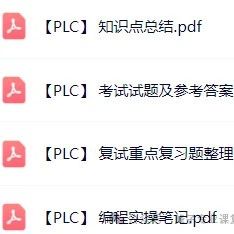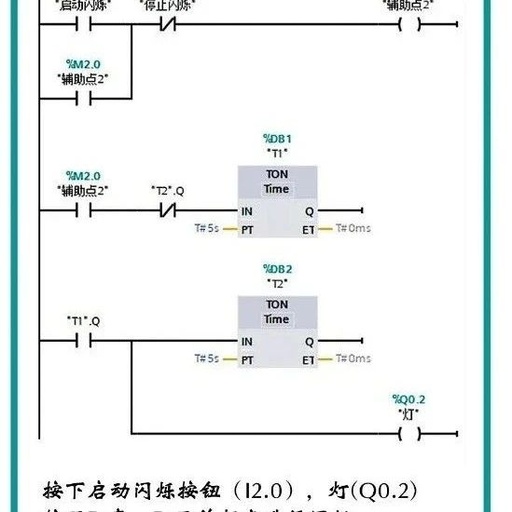Detailed Explanation of Simple Encryption Algorithms
ClickBlueWord to Follow Us Spring Festival Happy SPRING FESTIVAL Simple encryption algorithms generally include substitution ciphers, transposition ciphers, and simple XOR. The following content consists of two parts: algorithm interpretation and algorithm programming. KAI Caesar SA Shift MI Cipher MA Code Algorithm Details Explanation CAESAR CIPHER The Caesar cipher algorithm is a typical example of … Read more


